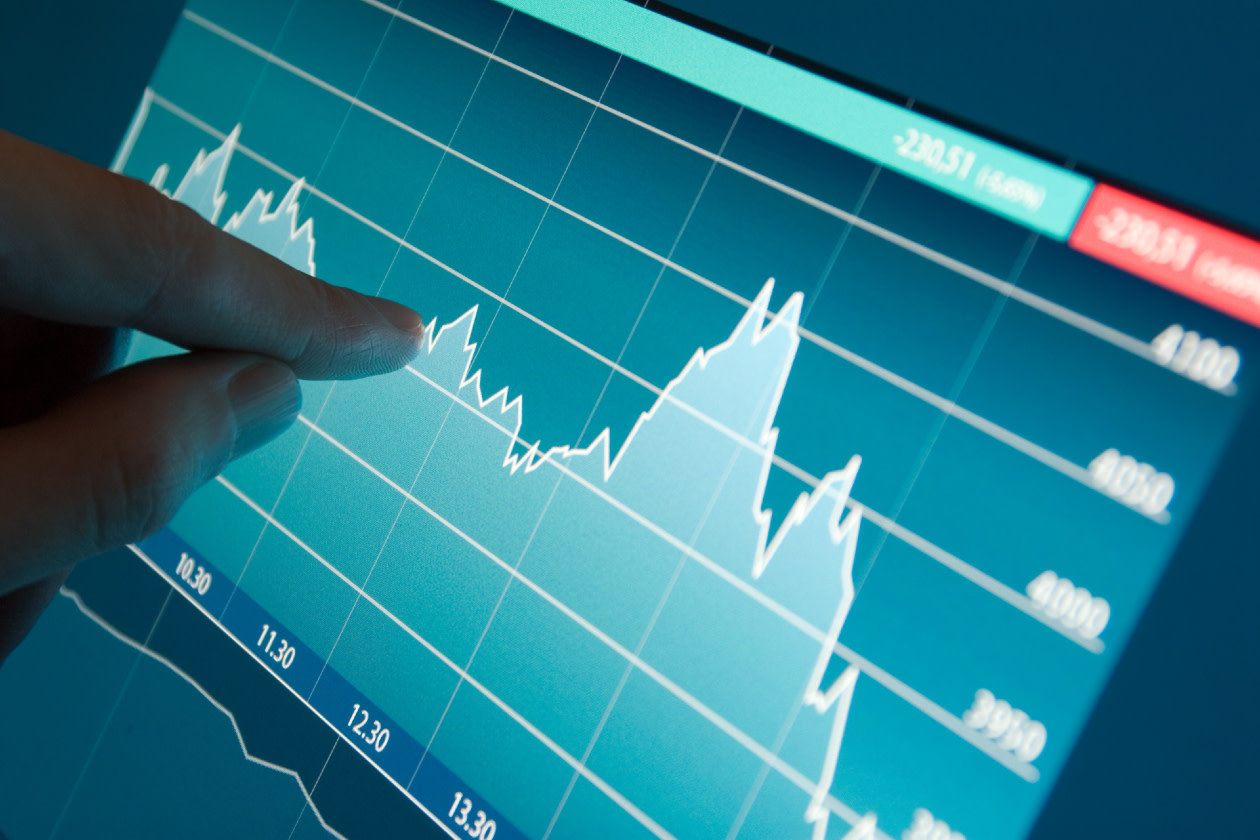Exchange traded funds (ETFs) are a simple and low-cost way to invest, and trading in them is growing.
From 2015 to 2024, the percentage of HL clients invested in ETFs has more than doubled.
ETFs hold a basket of underlying investments, with the aim to track a particular index, stock market or commodity. For example, an ETF might track the FTSE 100 index which represents the largest 100 companies in the UK. ETFs often hold investments like shares and bonds.
ETFs have some very similar characteristics to funds. For example, their value is based on the performance of the underlying investments and they’re ‘open-ended’, so units can be created and destroyed based on supply and demand.
The main difference between the two is that ETFs trade on a live exchange, with a live market price, whereas funds do not.
There are currently over 10,000 ETFs across the world and it’s likely that number will keep growing. In fact, industry experts are expecting the total value of all ETFs to be close to $20tn by 2026.
If you want simplicity and a low-cost way to invest in lots of different companies, sectors and parts of the world, ETFs could be a good option.
Here are four ETF ideas.
Investing in ETFs isn’t right for everyone. Investors should only invest if the ETF’s objectives are aligned with their own, and there’s a specific need for the type of investment being made. You should understand the specific risks before investing, and make sure any new investment forms part of a diversified portfolio.
This isn’t personal advice or a recommendation to invest. Remember, all investments and any income they produce can rise and fall in value, so you could get back less than you invest. Past performance isn’t a guide to future returns. Yields are variable and no income is ever guaranteed. If you’re not sure an investment is right for you, ask for financial advice.
All of these ETFs use securities lending to try to generate additional returns that help offset some of the running costs. This is a higher risk approach. They also have the flexibility to use derivatives, which adds risk.
These ETFs are listed offshore, which means investors aren’t usually entitled to compensation from the UK Financial Services Compensation Scheme.
As ETFs trade like shares, buying and selling will be subject to share dealing charges within your HL account. If it’s in a Junior ISA, you won’t pay any charges.
No account charges or online dealing commission. Other charges depend on investments chosen.
Manage all your family’s accounts with one login
Start from just £100 lump sum or £25 a month
Friends and family can add money once opened by a parent
Invest for your child’s future with our award-winning Junior ISA.
Vanguard FTSE All-World High Dividend Yield ETF
Vanguard is a pioneer when it comes to passive investing, having created the first retail index fund over 45 years ago. It now runs some of the largest index funds in the world.
The Vanguard FTSE All-World High Dividend Yield ETF provides a low-cost option for tracking the performance of the FTSE All-World High Dividend Yield Index.
The index is made up of large and medium-sized companies in developed and higher-risk emerging markets that pay dividends that are generally higher than average.
Real estate investment trusts are removed from the index, as are companies that aren’t forecast to pay a dividend over the next 12 months.
This ETF could be used to increase the income potential from an investment portfolio or to diversify a portfolio focused on growth over income.
iShares UK Dividend ETF
BlackRock is currently the largest asset manager in the world, running around $10.6tn of assets globally.
With lots of resource and knowledge under its belt, BlackRock benefits from unique access to the marketplace, which can help reduce trading costs.
The iShares UK Dividend ETF is a low-cost way to track the performance of the FTSE UK Dividend+ Index.
This index is yield weighted. That means it’s designed to select and measure the performance of the highest-yielding companies in the FTSE 350 index, excluding investment trusts.
This ETF could complement other income funds in a portfolio or diversify a global portfolio focused on other regions like the US or Asia.
iShares Core GBP Corporate Bond ETF
The iShares Core GBP Corporate Bond ETF offers a simple and low-cost option for tracking the performance of the Markit iBoxx GBP Liquid Corporates Large Cap Index. It provides exposure to investment grade bonds issued by companies in pound sterling.
While the ETF is heavily focused on investment grade corporate bonds, it can hold some high yield bonds at times, which increases risk.
This ETF could be used to diversify a long-term global investment portfolio, including those focused on shares or other bonds from regions like the US or Europe.
Vanguard FTSE Emerging Markets ETF
The Vanguard FTSE Emerging Markets ETF aims to track the performance of the FTSE Emerging Index. The index includes a range of large and medium-sized companies in emerging markets like China, India and Taiwan.
Emerging markets are higher risk as they're at an earlier stage of development. So, this ETF should only be considered for a portfolio with a longer investment outlook that can accept periods of ups and downs.
This ETF could provide some growth to a conservatively invested portfolio or provide some diversification to a portfolio focused on developed markets.
Sign up to our ETF research updates and we’ll send our latest, expert ETF research directly to your email.




